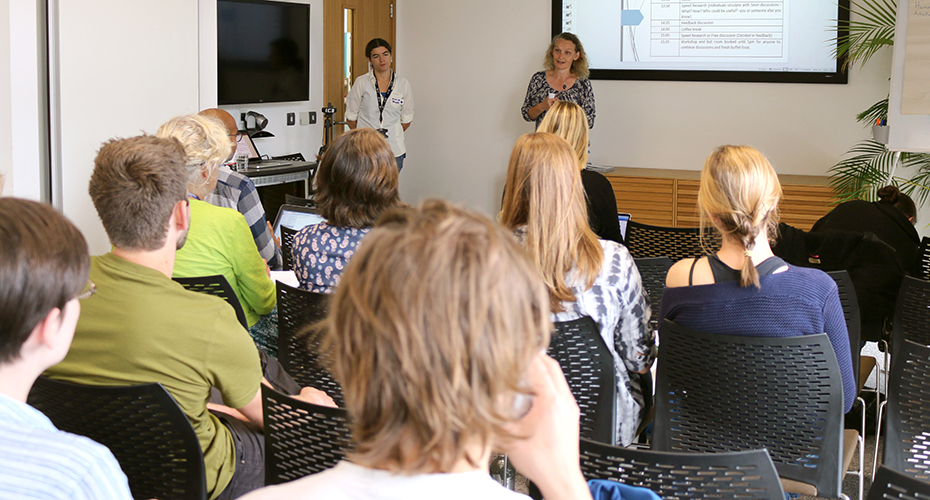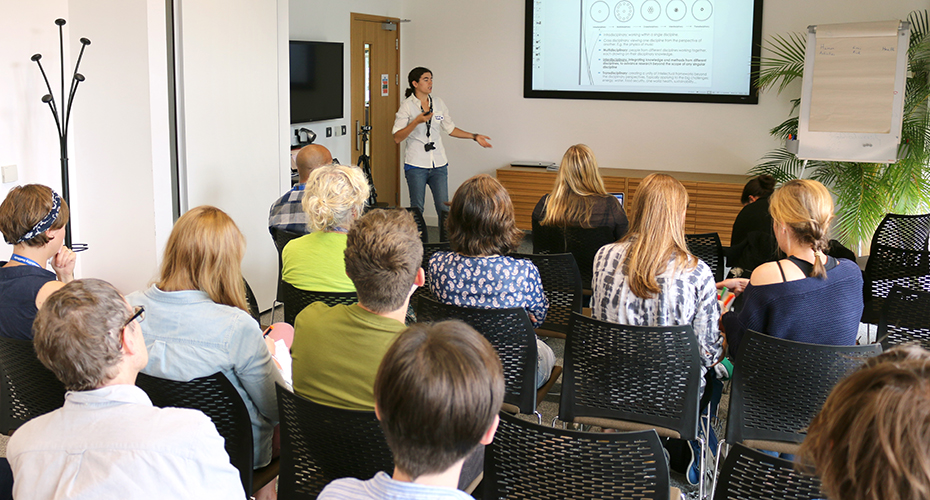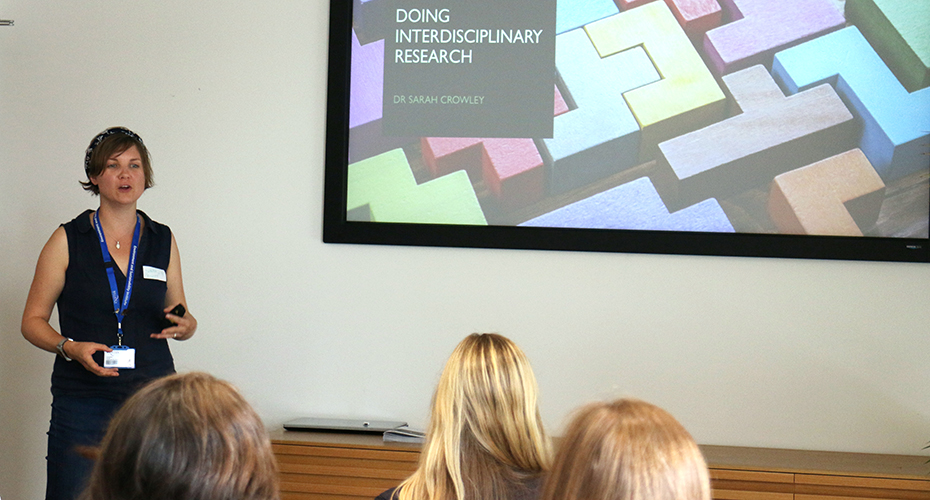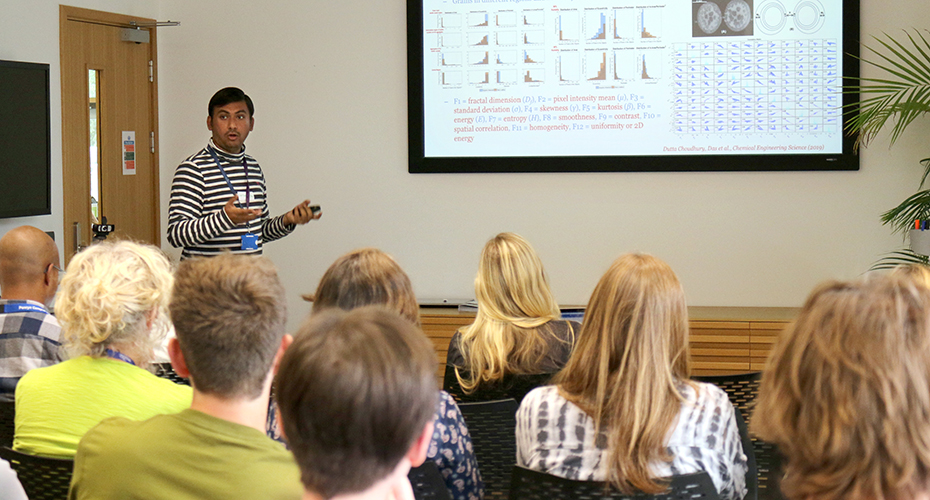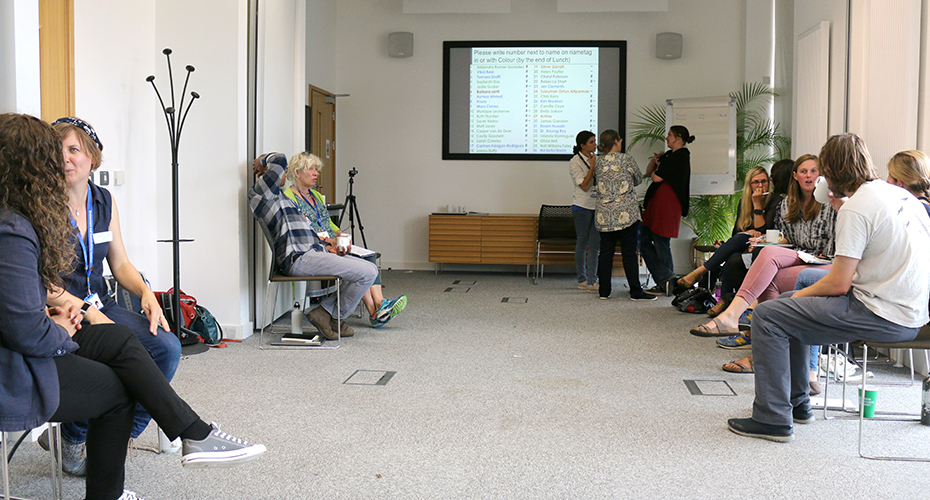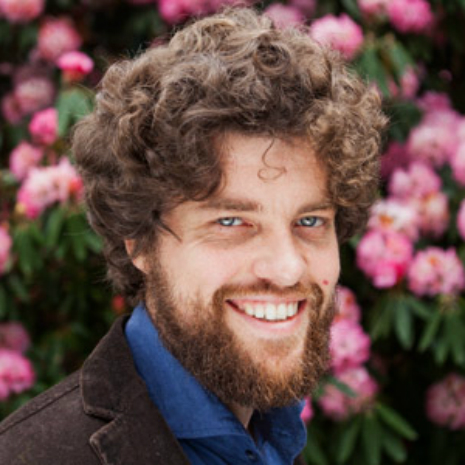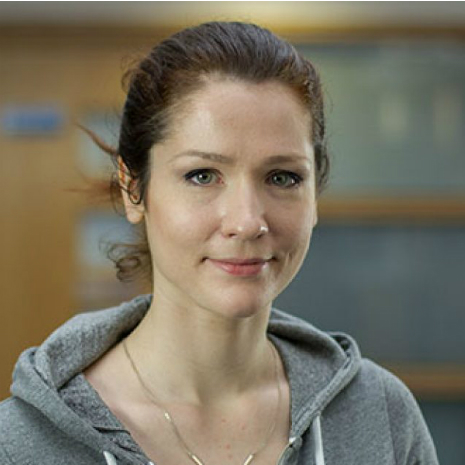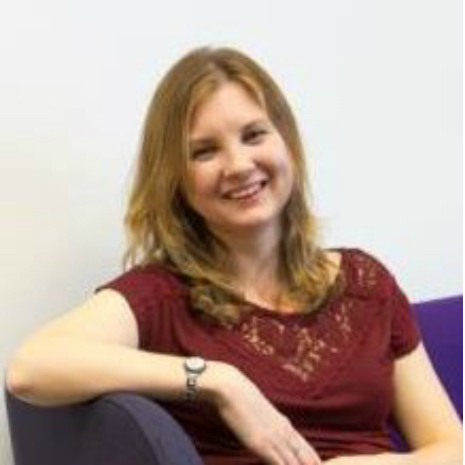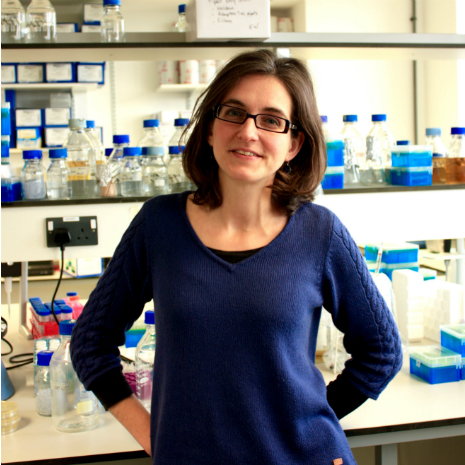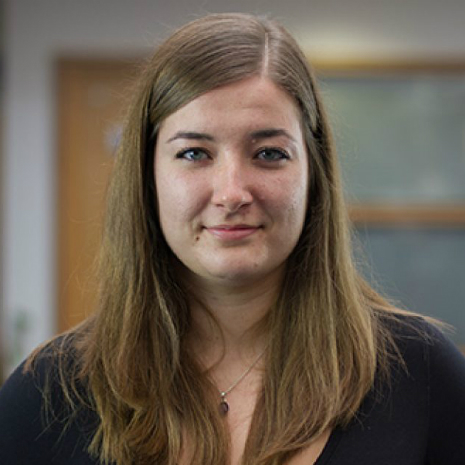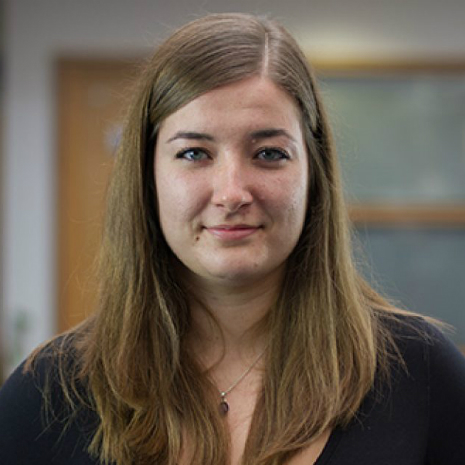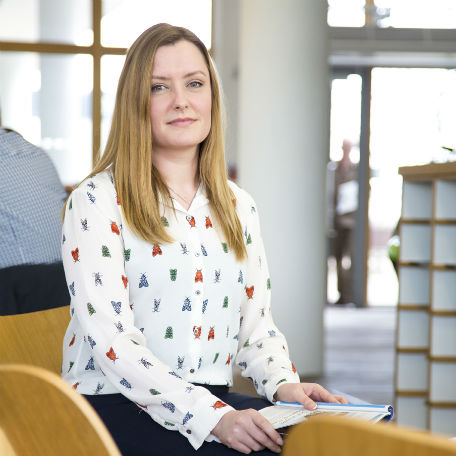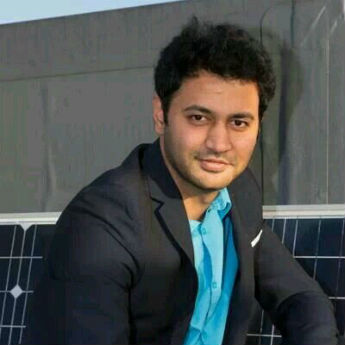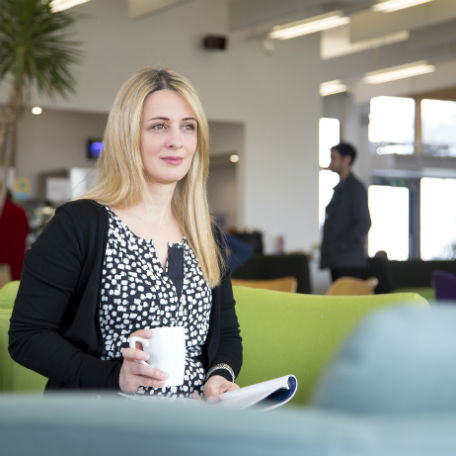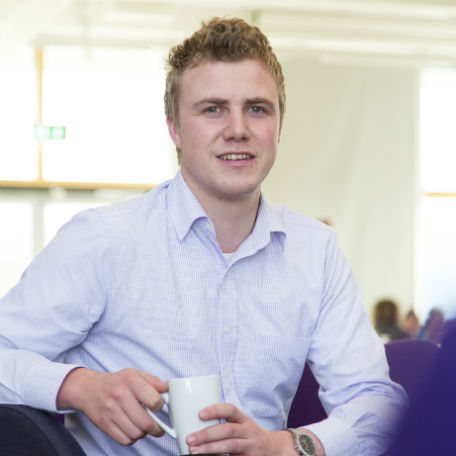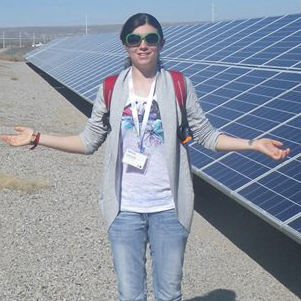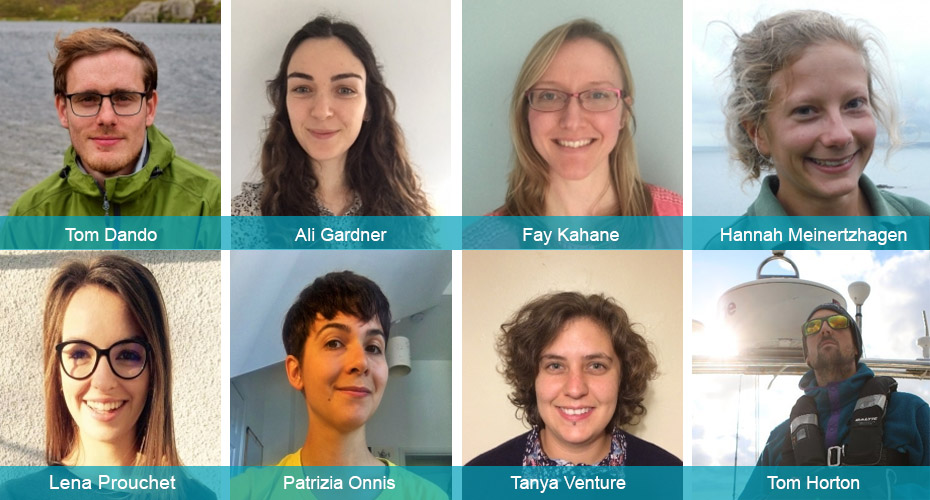
View the ESI ECR network page
Research Opportunities
Research Opportunities
Research Opportunities
Supporting interdisciplinarity for students and early career researchers
As a hub for interdisciplinary research and teaching into the environment and sustainability, a key part of the ESI’s ethos is to help develop the careers of early career researchers (ECRs) by supporting them to undertake a holistic approach to their research and to pursue interdisciplinary careers.
As well as working with 32 world-class academics within the institute and over 200 other academics across the University of Exeter studying the environment and sustainable futures; access to a network of over 450 businesses, NGOs, policymakers and schools; and a team of dedicated support staff, the ESI also offers student and staff-led events aiming to facilitate knowledge sharing between academics, post-graduate students and post-doctoral researchers about the challenges and advantages of interdisciplinary working, how ECRs can initiate their own research and to learn more about the interdisciplinary research being carried out in the University.
If you are an ECR interested in an interdisciplinary career, please see our Prospective Fellows section below for information on how the ESI and University can help support your application and future career.
Academic staff in the ESI are keen to support students interested in applying for ESRC-funded PhD studentships, including in the interdisciplinary areas of Sustainable Futures, Global Political Economy, Health & Well-being, Security, or Conflict & Human Rights. More details on how to apply for these interdisciplinary studentships can be found here on the ESRC South West Doctoral Training Partnership (SWDTP) webpages. Please contact Dr Rachel Turner for more information.
The ESRC PhD studentship process is now live for this year. The closing date is noon on 13 January 2023.
https://www.swdtp.ac.uk/information-for-academic-colleagues/pathway-leads-and-supervisors/
The ESI recently hosted an interdisciplinary workshop open to staff and students across the Penryn Campus. The event included talks on what interdisciplinary research is and what it means in practise, the difference between inter- and trans- disciplinary working, the funding available for interdisciplinary projects, what makes a good application and what support the University can offer.
The event also featured talks from our own interdisciplinary academics and staff on their experiences and guest speaker Dr Milena Buchs spoke of her work leading several major interdisciplinary UK Research and Innovation (UKRI) grants.
The afternoon session involved group discussions and ‘speed research’ introductions to help and build possible collaborations on campus.
Prospective Fellows
The Environment and Sustainability Institute (ESI) is an interdisciplinary centre leading cutting-edge research into solutions to problems of environmental change. Based on the University's Penryn Campus, in Cornwall, our world class research and education is enhancing people's lives by improving their relationships with the environment. ESI provides insight and solutions, at local to global scales, to meet the challenges of securing a sustainable future in an era of unprecedented environmental and societal change.
Our highly successful and collaborative institute is the perfect location for independent research fellows. We have a reputation for effectively hosting fellowships funded through UK, European, and international schemes (including NERC, BBSRC, Leverhulme Trust, Marie Curie, and others) with support offered at all stages of the process. Some of our previous independent fellows have gone on to become permanent members of academic staff in the Institute and their respective Colleges.
To find out more about how the ESI helps supporting interdisciplinarity for students and early career researchers, please see the section above.
Fellowship applicants interested in joining the ESI should contact Mark Plummer (ESI Senior Administrator) in the first instance to discuss their proposed project and proposed source of funding. We also welcome enquiries from existing fellowship holders interested in transferring to the ESI. Please include a full academic CV.
Pre-application
- Advice on scheme suitability and proposal writing from our many successful fellows and research support staff.
- Review of draft proposals.
- Support in developing, costing and submitting your application
- Assistance with interview preparation.
For fellows
- 1:1 mentoring from senior colleagues from across multiple disciplines.
- Peer support from our Early Career Researcher network.
- Opportunities (but no obligation) to gain teaching experience and to supervise BSc, MSc, MRes, and PhD project students.
- Training and personal development.
- Support for grant proposal development from senior colleagues and research support staff.
- Access to our network of stakeholders, policy makers, businesses and NGOs across Cornwall, the Isles of Scilly and beyond.
- Links to over 200 academics at the University of Exeter studying environment and sustainability futures in our Institutes and Centres of Excellence.
- Access to the University’s excellent Research Services and Innovation, Impact and Business directorates.
Career progression
- Clear criteria for progression to permanent positions.
- Opportunities for proleptic appointments.
Opportunities
The ESI is a diverse community with staff and students from over 20 countries across 5 continents. Within our current staff, there are people fulfilling roles as various as Research Fellowships, Administrative Support, Research Technicians, Apprentices, Technical Managers and Post-Graduate Research Students as well our academic staff.
A full list of current opportunities can be found on the University’s Working Here pages, where you can also find out more about working at the University of Exeter and the Penryn Campus.
Find roles within the Penryn Campus’ shared services provider, FXPlus.
To find out more about the support and opportunities we provide for students and early career researchers, please see our ‘Supporting interdisciplinarity for students and early career researchers’ section above.
For more details on current PGR opportunities, please visit the University’s Doctoral College webpages.
Grace Twiston Davies, Research Fellow
"I am a Research Fellow at the ESI and have been working in ESI Director Prof Juliet Osborne’s research group since 2015. My role involves developing computer models of bumblebee behaviour, growth and survival and translating these into practical landscape-scale management tools. I have been working collaboratively with farmers, land advisors, policy makers and businesses to make the most of agricultural landscapes for pollinator conservation and food production.
What’s really exciting about working at the ESI, and especially for Prof Osborne, is the genuine emphasis on “Impact”. We have even won an award for the positive impact our research has had outside of academia and we strive to continuously develop and improve. Being from Cornwall and working at an Institute funded through the European Regional Development Fund, it is inspiring to support research that aims to benefit the environment, people and economy of Cornwall as well as regionally, nationally and globally.
The institute is interdisciplinary and so we work with and alongside biologists, mathematicians, geologists and social scientist, with this list ever expanding. This makes the ESI a dynamic and motivating place to work and ideal for researchers who are keen to proactively collaborate to make real positive changes to the environment through their work."
Hassan Baig, Research Fellow
"When I started at the ESI, it was completely new and we just had empty spaces in our lab. As time progressed we began adding newer equipment within our labs and currently, I am proud to say that the solar laboratory at the ESI is home to world-class pieces of equipment to carry out your research. Developing the solar laboratory at the ESI has been a very unique learning experience in its own.
During my PhD I won the Impact Award within the Sustainable Futures category for my research work. After completing my PhD I started working as a research fellow within the Clean technologies research group. This gave me an interesting opportunity to work closely alongside both national and international researchers hosted at the ESI hence enriching my experience beyond my own research agenda.
The open office culture at the ESI is one of its most prized possessions. Allowing people to interact and share their ideas freely enabling new science to emerge from cross-collaboration among people. The ESI attracts several visitors which gives a very nice opportunity to speak to the general public and adds value to your research.
The Tremough Innovation Center which largely forms a link between the industry and the academia is placed just next to the ESI. The support from the TIC has been very crucial towards broadening my research mindset and understanding the needs of the industry. The ESI cafe is an amazing space bursting with people with different expertise.
After working for last two years I thought of doing a spin-out company based on my previous research. I successfully managed to conceptualise solar squared a multifunctional glass block with integrated solar energy technology. The ESI has supported very much in encapsulating the idea into and actual product. They offered me a very strong support towards marketing the product and reach it to the wider public."
Daniela Farina, Lab Manager
"I started working as a research technician in the ESI first with the Costal Pathogens team, and later with prof. Angus Buckling. After three years, the restructuring of the Technical Services gave me the opportunity to become the laboratory manager in the ESI. My daily duties include health and safety implementation, smooth operation of the labs and solving problems, preferably before they arise.
My personal mission is making sure that the ESI labs are a place where the structure and organisation of the lab facilities promotes natural collaboration rather than incites conflict. Achieving that in such a multidisciplinary environment is a challenge, but thanks to collaborative spirit of ESI researchers we manage to pull it off!"
Mark Plummer, Senior Administrator
"I started working in the ESI when we first opened as the Institute’s receptionist and am now the Senior Administrator. This progression was possible due to the opportunities and encouragement afforded to Professional Services staff in the University to learn and develop ready to apply for roles with greater responsibility. Working in an interdisciplinary environment like the ESI gives a broad and varying experience and means you get to work with and meet lots of interesting people. My day-to-day tasks can be as various as budget management, organising events, helping new members of staff, compiling reports, community outreach and updating websites. Being part of the ESI means that you are at the centre of the campus as we try and be a focal point to bring people together in interdisciplinary research."
Katie Shanks, David Clarke Research Fellow
"When I first arrived at the ESI to start my PhD in solar energy, it was within its first 2 years of opening and there was only a small cohort of us stretched across the various disciplines. So at lunch time our conversations ranged from the impact of light pollution on moths, through the effect of climate change temperature increases on bacteria all the way to the measurement of wave energy and how that translated to surfer slang. It was this subtle exposure to other areas of research that made me want to do interdisciplinary work and through a colleagues recommendation after a presentation I gave in my first year I began discussions and work with Prof. Richard Ffrench-Constant within the Biosciences department on the potential solar concentrator basking properties of the cabbage white butterfly. Since then I have tried to branch further out to work with other collaborators from different disciplines, including artists and local glass crafters who have now started their own enterprises (Art and Energy, Upcycled Glass Company) which I help direct. The ESI has a creative exchange programme to facilitate collaborations between artists and researchers which has really helped me expand and strengthen my connections with others. I’ve always thought research required a strong combination of logical and creative thinking in order to make exciting breakthroughs towards a more sustainable future and hope more people take advantage of this approach. I have recently been awarded an EPSRC David Clarke Research Fellowship to investigate bio-inspired optics for solar concentrator technology, in the challenging attempt to make solar energy more efficient, compact and integrated into everyday structures and smart tech. I work within the solar energy group, led by Prof. Tapas Mallick and Asif Tahir and plan to continue showcasing interdisciplinary research and its benefits, for the researcher as well as the research fields, as much as possible and this career path wouldn’t have been possible without the ESI environment. The ESI in my opinion takes the most challenging first step for interdisciplinary research to be possible, which is simply making other research more visible and accessible to all disciplines, in an informal and encouraging environment which increases those chances of having the right conversation with the right people on the most impactful topics."

